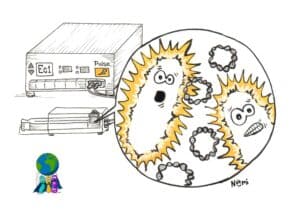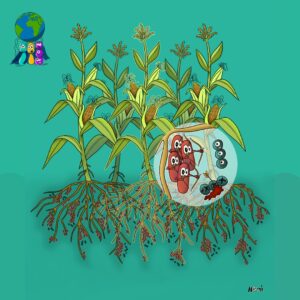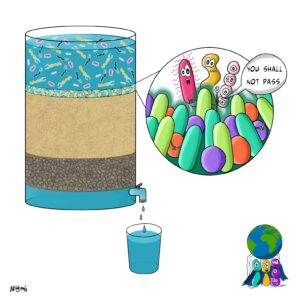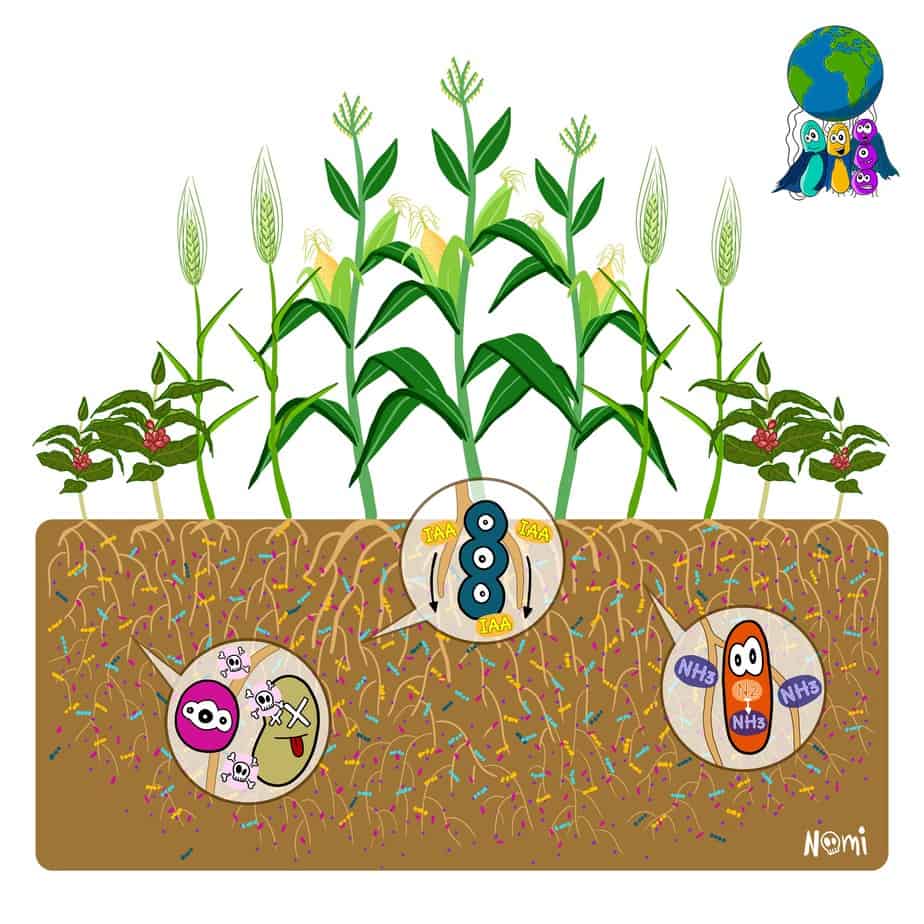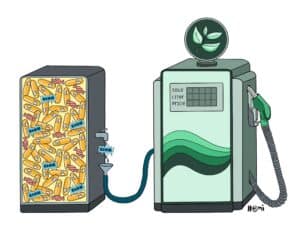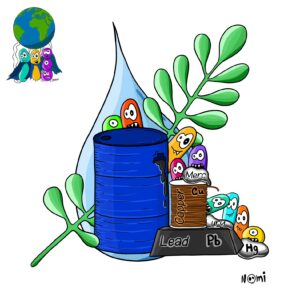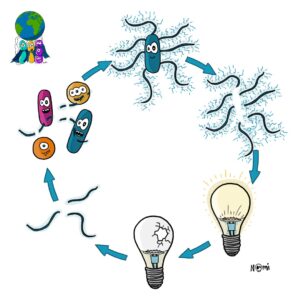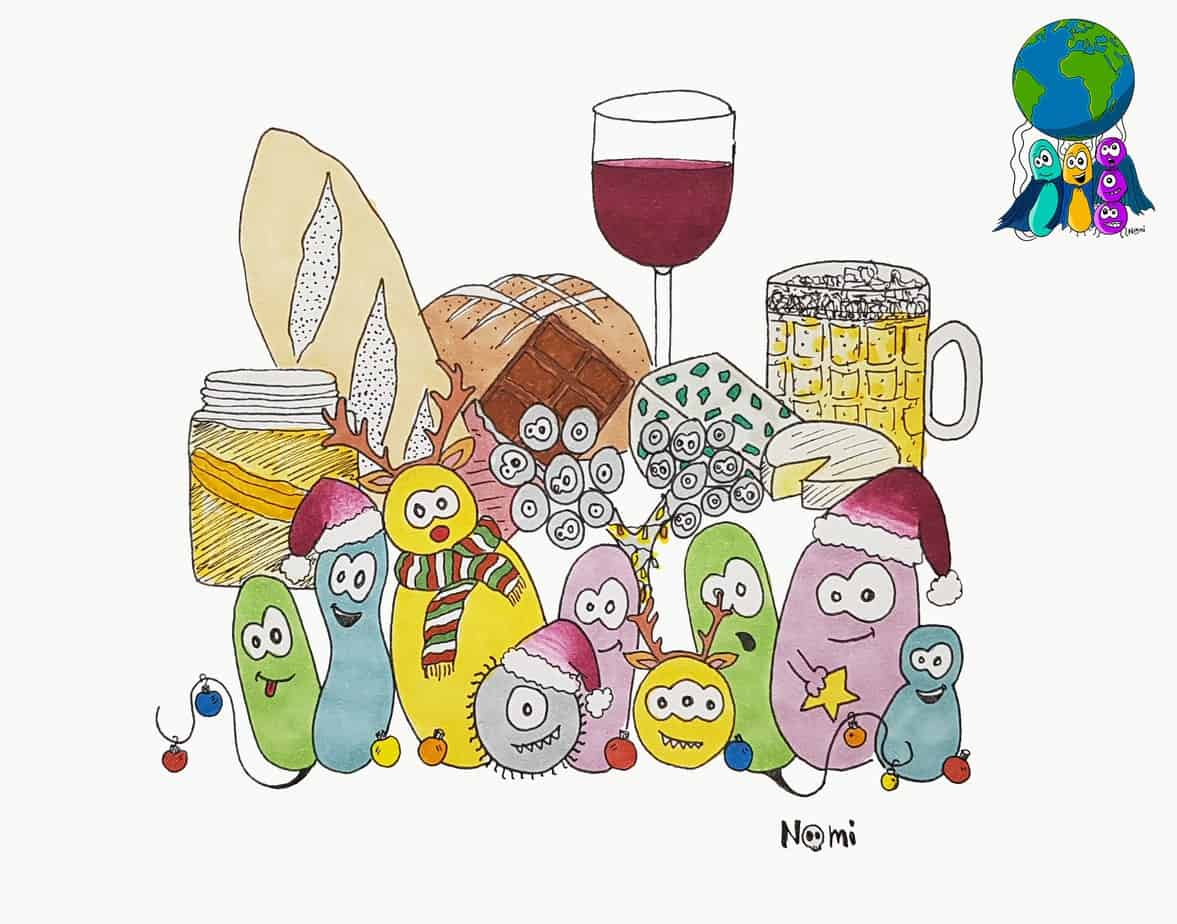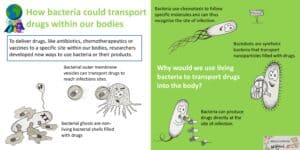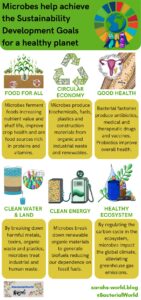
Microbes can help us achieve a sustainable planet
Microbes might just be the unseen heroes of sustainability! They impact everything from food production and healthcare to waste management and renewable energy. From producing eco-friendly materials and cleaning up pollution to helping fight climate change, microbes are essential in achieving the UN’s Sustainable Development Goals. Read on to learn how they help us create a greener future.
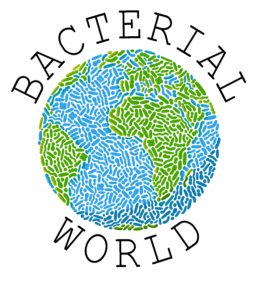
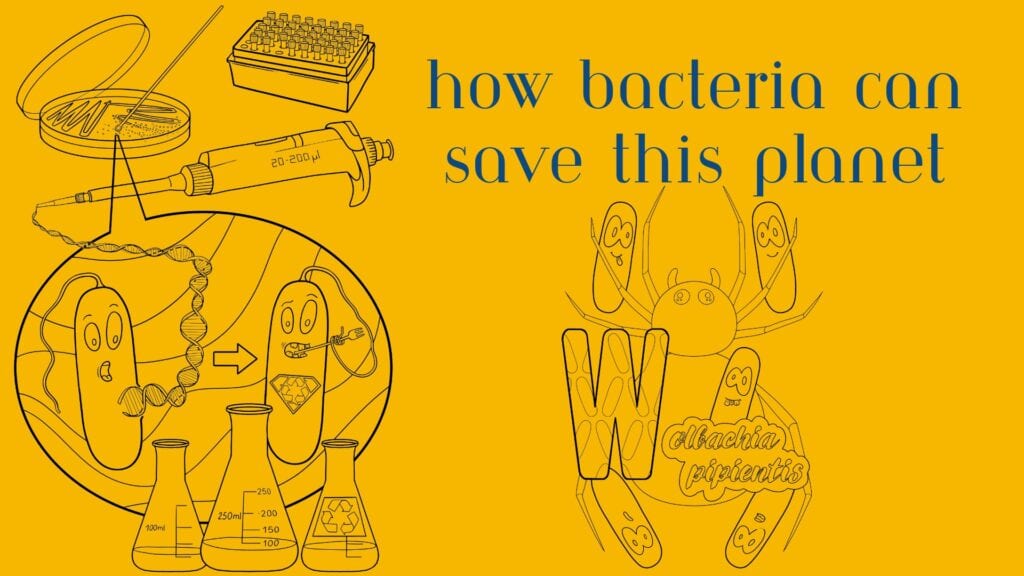 We live in challenging times and our planet is suffering more than ever before. Gladly, bacteria and many microbes have
We live in challenging times and our planet is suffering more than ever before. Gladly, bacteria and many microbes have 
